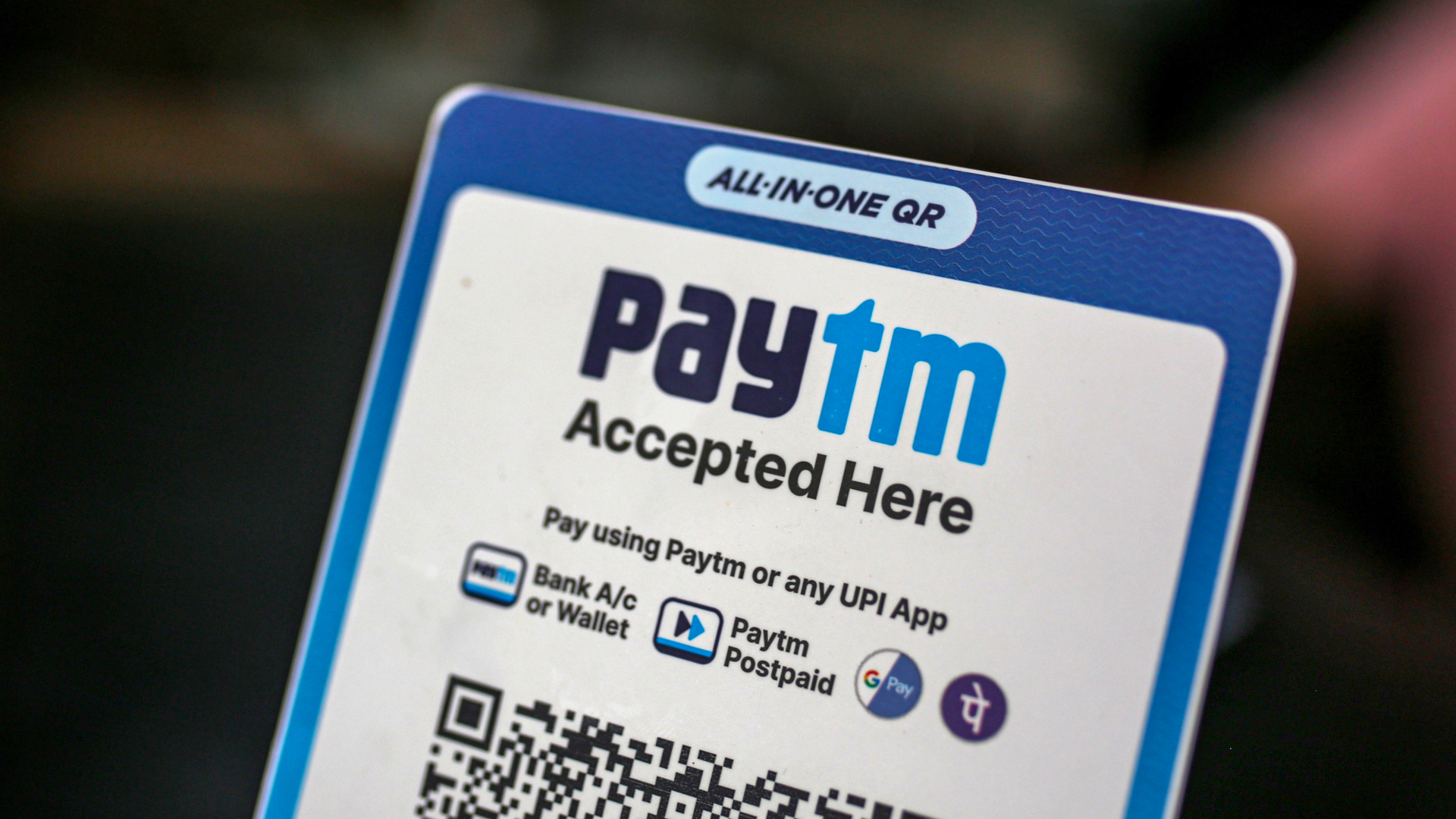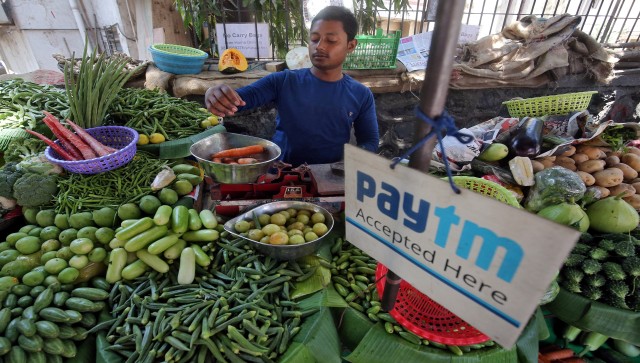The deal allows Alibaba to get an extra competitive edge by owning the mobile wallet and payments bank space.
If it’s true, the Rs. 1,700 crore infusion by Alibaba into Paytm seems a counter-intuitive deal. The big picture is that the Indian electronic commerce market is expected to be worth $60 billion by 2020. It’s already big, worth $16 billion in 2016 and growing at a fast clip of 45 percent annually. Yet, all three big players are bleeding: Flipkart posted a loss of over Rs. 5200 crores for FY 2016, Snapdeal over Rs. 3300 crores and Amazon over Rs. 3500 crores for the same period. Together, the three companies have posted losses in excess of Rs. 11,000 crores in just one year. Just for perspective, the government plans to raise Rs. 11,000 crores from the listing of Public Sector Unit (PSU) general insurance companies this financial year.
The traditional big funders of the Indian ecommerce space – SAIF Partners, Temasek, Tiger Global – have all become circumspect and protective of their existing investments. Several expansion plans of the e-commerce companies have been stuck for lack of easy funds, a case in point being Flipkart’s indefinite postponement of hiring of some 600 people from various engineering and management institutes. Flipkart’s desperate attempts and eventual failure to move away from Tiger Global and the appointment of Tiger Global’s inside man Kalyan Krishnamurthy as Flipkart CEO is widely seen as the low profile New York based hedge fund’s proactive measure to protects its $ 1 billion investment in Flipkart. Several speculate that Tiger Global will soon put Flipkart out into the market. But that’s another story.
In such an environment, Alibaba’s move is counter-intuitive beyond doubt. However, there seems to be a smart and well-thought out logic behind it, one that’s beneficial to both Paytm and the Chinese e-commerce giant. There are three clear reasons why this infusion of cash can be a win-win for both the companies. The first is that in the context of the losses being suffered by the big three, Rs. 1700 crores seems measured and a clinical dose. What gives strength to this line of thought is the participation of Alipay and SAIF Partners in the deal. In a way, then, Alibaba’s and Alipay’s own risk exposure is relatively moderated, while getting a substantial share, 50 percent, of the new online marketplace that’s being created. Insiders say the online marketplace will be called Paytm Mall, and not Paytm Bazaar, and will be modelled exactly like Alibaba’s T-Mall in China. The online marketplace is also up there on the valuation game – a critical one for attracting more investments as the days go by – already touching a Unicorn level $ 1 billion valuation.
The second reason is more relevant to Paytm. This measured infusion of capital finally allows the founder Vijay Shekhar Sharma the much needed headspace to demarcate and delink his parent company One97 communications from its other siblings: the payments bank unit Paytm Payments Bank Limited and online marketplace Paytm E Commerce. For some time now, Sharma has been fending off uncomfortable questions about corporate governance standards, and this headroom will give all three companies independent leverage to approach the markets when they feel ready and mature. Such a demarcation will also help the Paytm E-Commerce play up the B2B strengths of Alibaba, one of the unique characteristics that allowed the Chinese giant to outmaneuver Amazon in China.
The third reason fits the adage ‘the sum of parts is always greater than the whole’ like a glove. At Rs. 1700 crores Alibaba is entering the Indian market with an advantage that none of the big three have currently at this point in time. The mobile wallets business of Paytm and its upcoming payments bank gives Alibaba an edge in a new India that’s being pushed literally and otherwise into an economy that’s going to be “lesscash” and eventually “cashless”. Paytm’s open architecture, codes and a system that doesn’t necessarily depend on plastic money allows Alibaba to integrate its applications, and payment mechanism better with smartphones and mobile phones. It also allows both Paytm (and its payments bank) and Alibaba to integrate themselves with Aadhaar Pay and other payment apps and mechanisms like BHIM and UPI introduced by the government. At Rs. 1700 crores, Paytm gets access to Alibaba’s robust e-commerce bank-end architecture, codes, engineering muscle, logistics supply chain and, of course, a chance to battle for possibly the largest e-commerce market in the world. Sum up these parts and the whole can be controlled. Or so it seems for Alibaba and Paytm.
Swaminathan is Consulting Editor, Firstpost


)




)
)
)
)
)
)
)
)